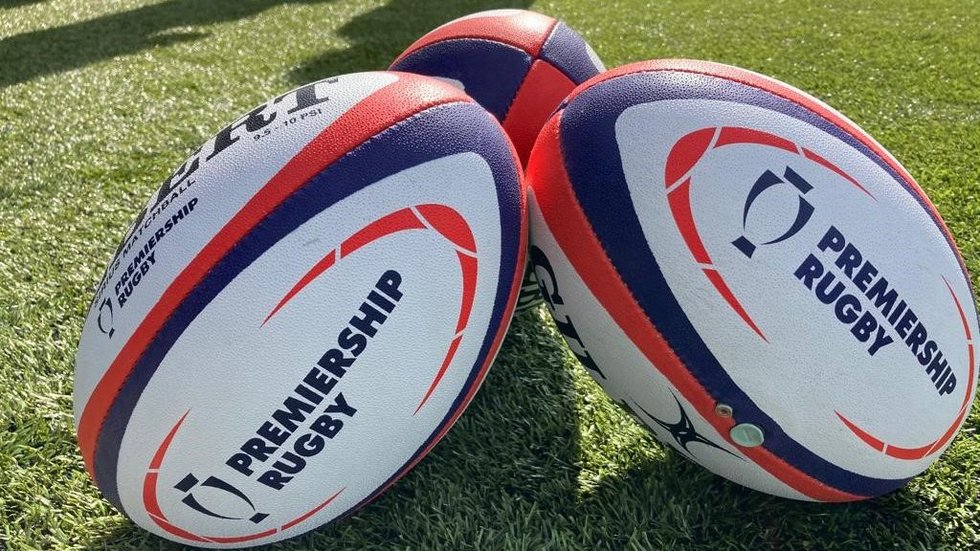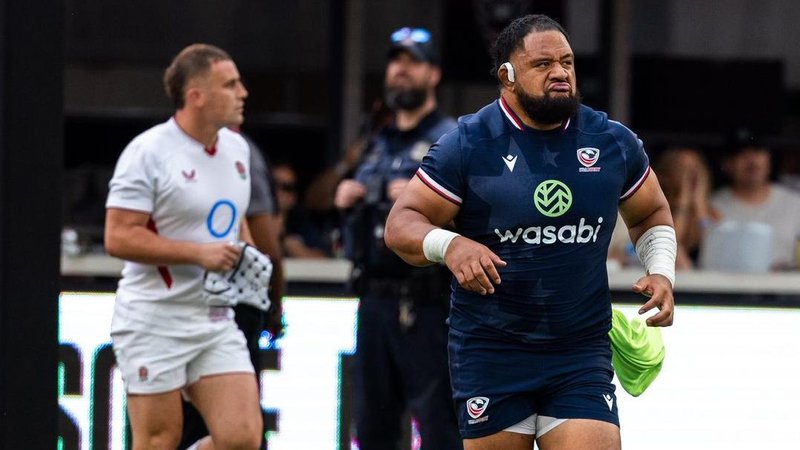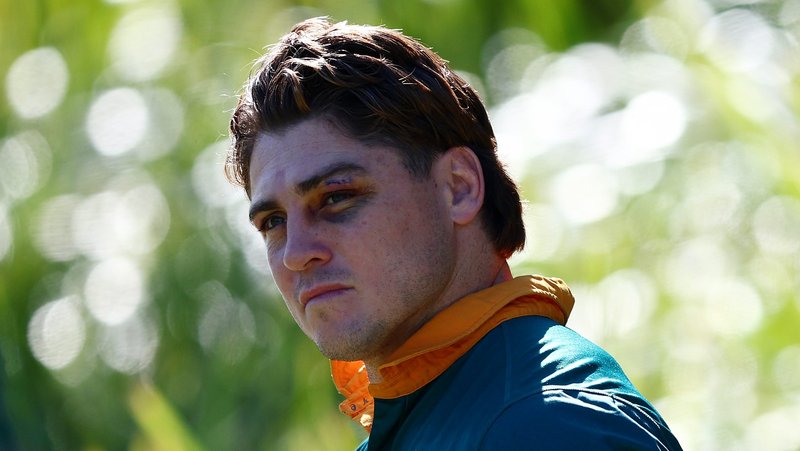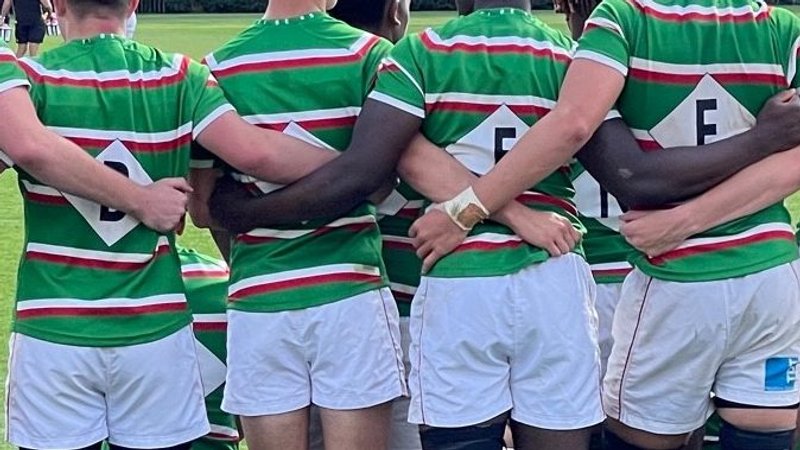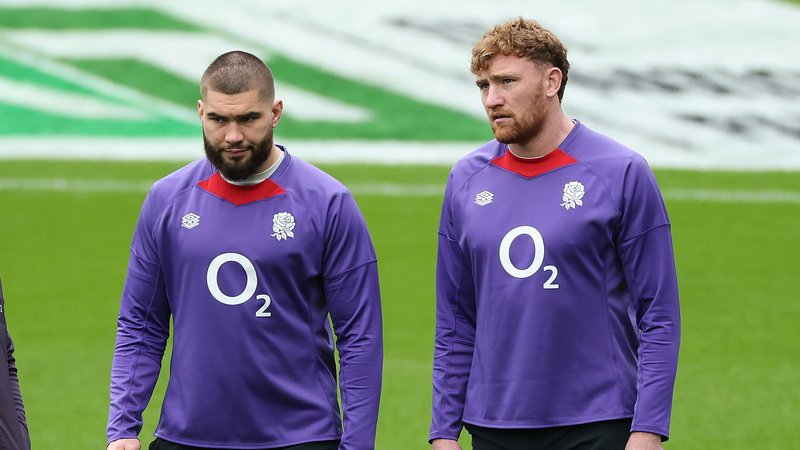Live coverage of Newcastle Falcons against Leicester Tigers on Friday evening will feature new graphics and analysis from BT Sport as part of a Smart Rugby Ball trial.
The Premiership Rugby Cup will become the first professional competition in the northern hemisphere to trial the Smart Rugby Ball, providing real-time data-led insights for teams, coaches, fans and TV viewers.
In partnership with Sportable, BT Sport and Gilbert, Premiership Rugby will use the Smart Ball to generate high-speed data to drive better athlete performance on the field as well as new content and insight for fans and viewers.
Radio Frequency Identification (RFID) chips inside the ball communicate with sensors around the stadium up to 20 times a second. Sportable's Artificial Intelligence tool then automatically enables precise information and insights about the ball’s movement when passed and kicked – speed, distance and hang-time for example – to be seen in real-time by teams and coaches, fans at the game and packaged up by BT Sport for its broadcast of Friday’s game as part of an enhanced graphics analysis tool.
Former England fly-half Paul Grayson, an ambassador for Gilbert Rugby, has been at the forefront of the smart ball development, working with Sportable CEO Dugald Macdonald and the team of scientists at Sportable to develop a ball that will be used in all 15 remaining Premiership Rugby Cup matches this season.
Macdonald said: "We’re delighted to be working with Premiership Rugby on the first live deployment of the Gilbert Smart Ball in a tier one rugby union competition in the northern hemisphere.
"We are thrilled to be working with such a forward-thinking organisation like Premiership Rugby. Their team has embraced all features of our technology and together we have a fantastic opportunity to enhance the game even further on and off the field.
"This is the result of years of hard work, investment and cutting-edge scientific thinking, so it’s super exciting to now see the Smart Ball being embraced by leading rights-holder partners across the globe."
The innovation will enable BT Sport to open up a range of metrics that TV audiences in the northern hemisphere have not had the opportunity to see until now.
Hang-time and accuracy on box kicks will show how difficult they are and how brilliant some players are at them. Territorial gain will give a good picture of how brave kickers are being when going for touch from a penalty kick, and ground reload will give an idea of how quick scrum-halves are at getting the ball away from a ruck.
The Premiership Rugby Cup has already trialled a system where match officials can speak directly to supporters to explain on-field decisions and now the levels of innovation will move to the ball.
Phil Winstanley, Rugby Director at Premiership Rugby, said: "We are constantly looking at innovations and ways to grow the game, and we are delighted to have chosen to trial this new smart ball.
"This season we have brought live Premiership rugby back to terrestrial TV, launched PRTV Live – so all Gallagher Premiership Rugby matches are now available to watch live – and now we hope this new ball will help provide a greater insight for a new audience, while deepening our relationship with our current fans.
"The smart ball also gives our players and coaches the ability to improve performance on the field and in training with unique data. Touring our clubs with the ball in recent weeks has shown us that the players and coaches can’t wait to get started with it."
Jamie Hindhaugh, chief operating officer, BT Sport: "We are proud to further deepen our near-decade-long relationship with Premiership Rugby by bringing our viewers even closer to rugby than ever before. We are continually looking to give our viewers more ways to watch, such as live action in stunning 4K UHD with HDR or via our App which is available on more devices than ever such as smart TVs and games consoles."
The project will also be used to assess the value that the Smart Ball can add to officiating through the automatic detection of forward passes. This will not be a fan-facing activity in the first instance, but the research could prove pivotal in informing enhancements for match officials moving forward and assist in the broader, continuing efforts to avoid long TMO delays and speed up the game.


